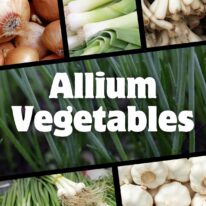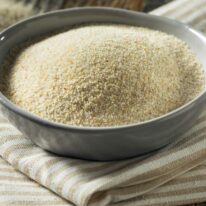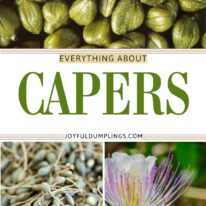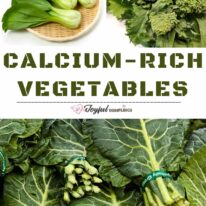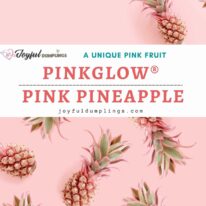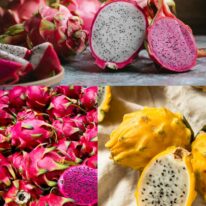Last Updated on April 21, 2024
Peppercorns are the most common spice and seasoning worldwide and every household has them. Originating from South India’s native plants, these tiny berries are packed with vitamins and minerals. You’ll be astonished by the health benefits!
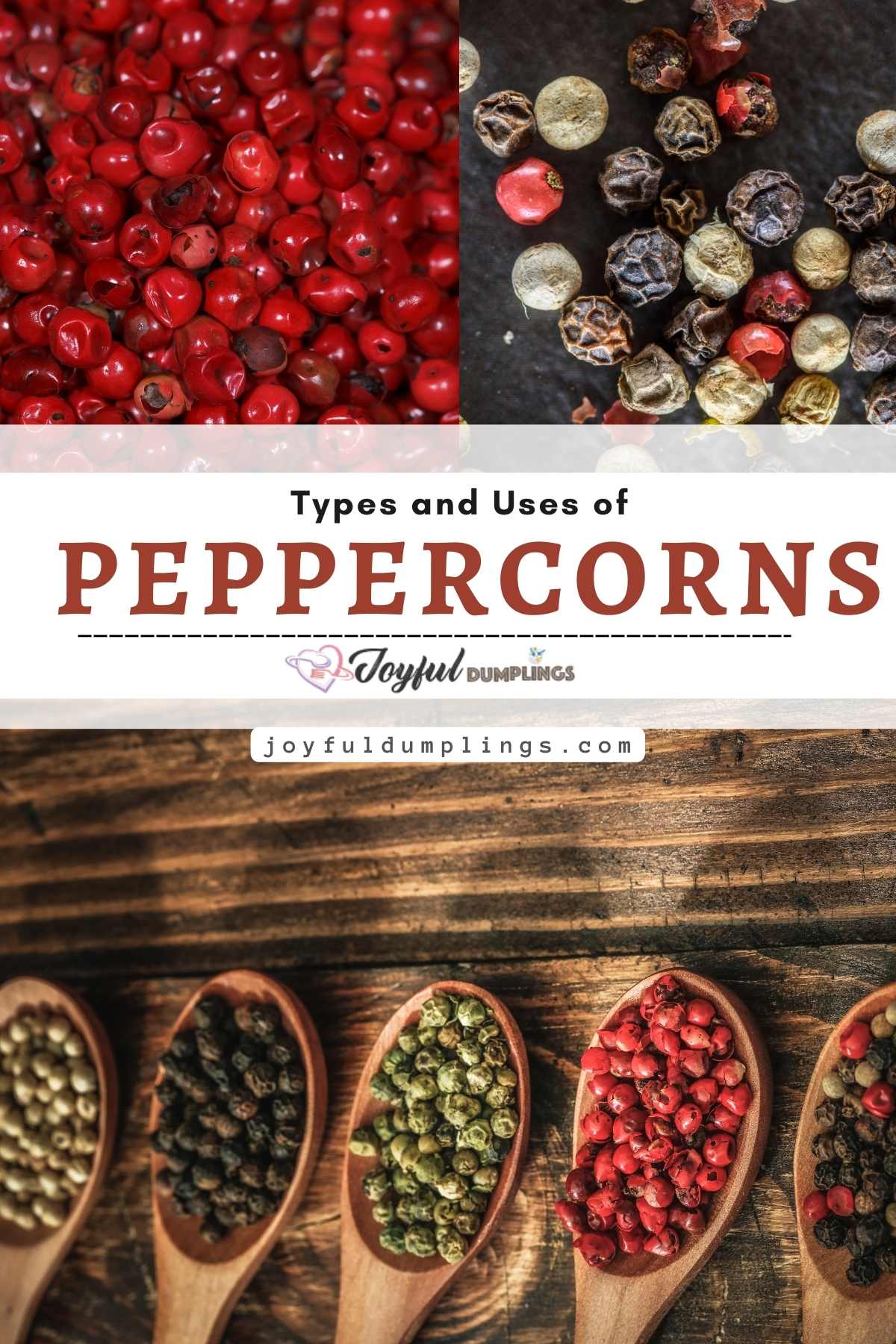
Also, are you confused about the different types of peppercorns and what to use them for? Black, green, white, pink and even long peppers.
Here’s all you need to know. Just a few steps away from becoming a master chef!
What are Peppercorns?
Peppercorns are tiny berry fruits (the drupes) that grow on Piper nigrum, a flowering vine in the Piperaceae family in tropical regions, native to the Indian subcontinent and Southeast Asia.
They are a spice with many uses.
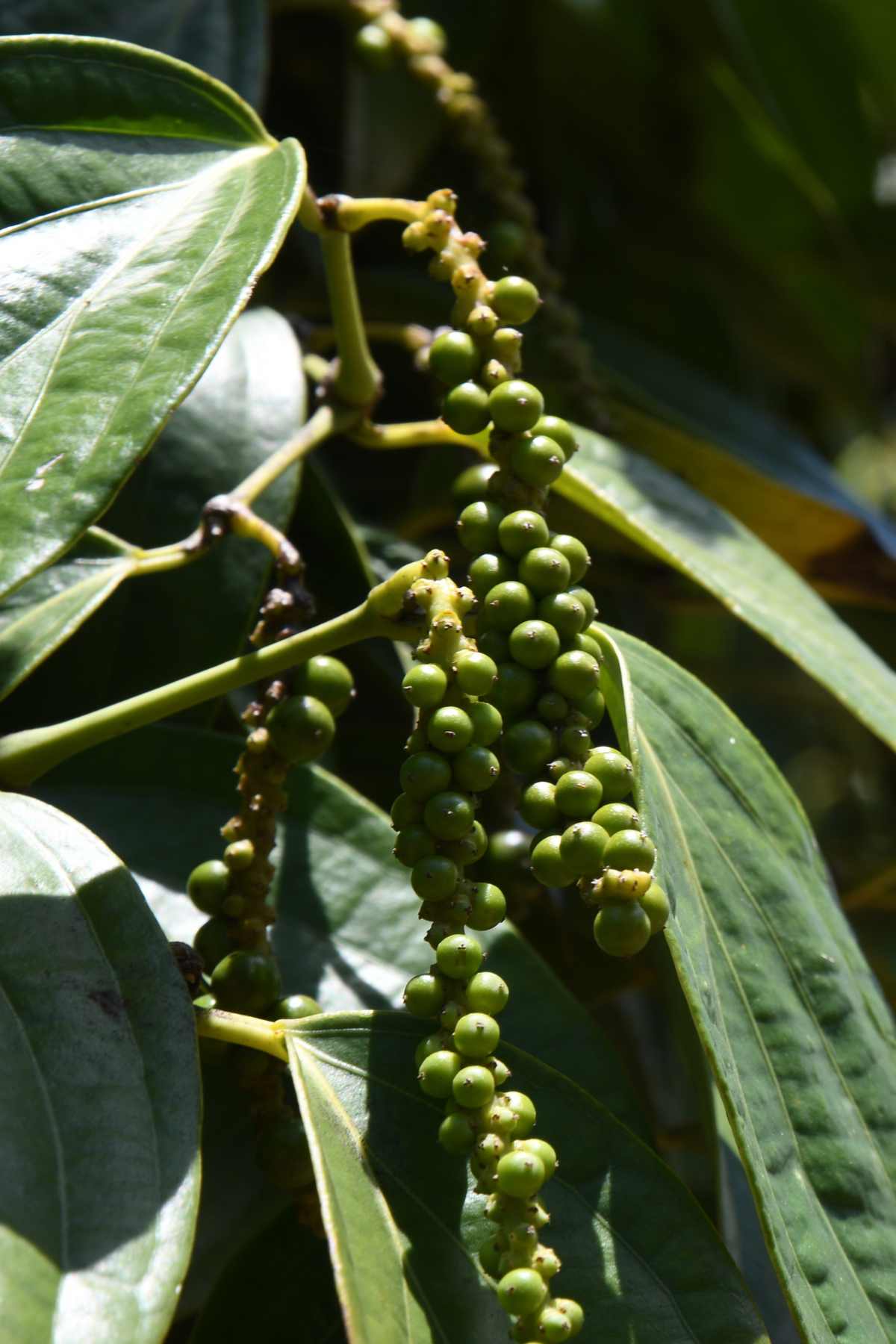
After harvest, berry fruits are usually dried in the sun, but can be oven-dehydrated if necessary. A process in which the outer layer of the plant, the pericarp, is oxidized and changes color.
For example, black peppercorn berries are picked while still green (not fully matured), fermented, then sun-dried until they shrivel and turn brownish-black
The Malabar Coast in Kerala India produces some of the finest grades in the world. Pepper’s complexity fascinates me. Each color and size has its own spiciness and use.
Trade History of Peppercorns
As early as the 5th century, the spice trade influenced historical civilizations in Asia, Egypt, Arab, Northeast Africa, and Europe.
Aromatics like cinnamon, cassia, cardamom, ginger, pepper, nutmeg, star anise, clove, and turmeric were known and used in antiquity.
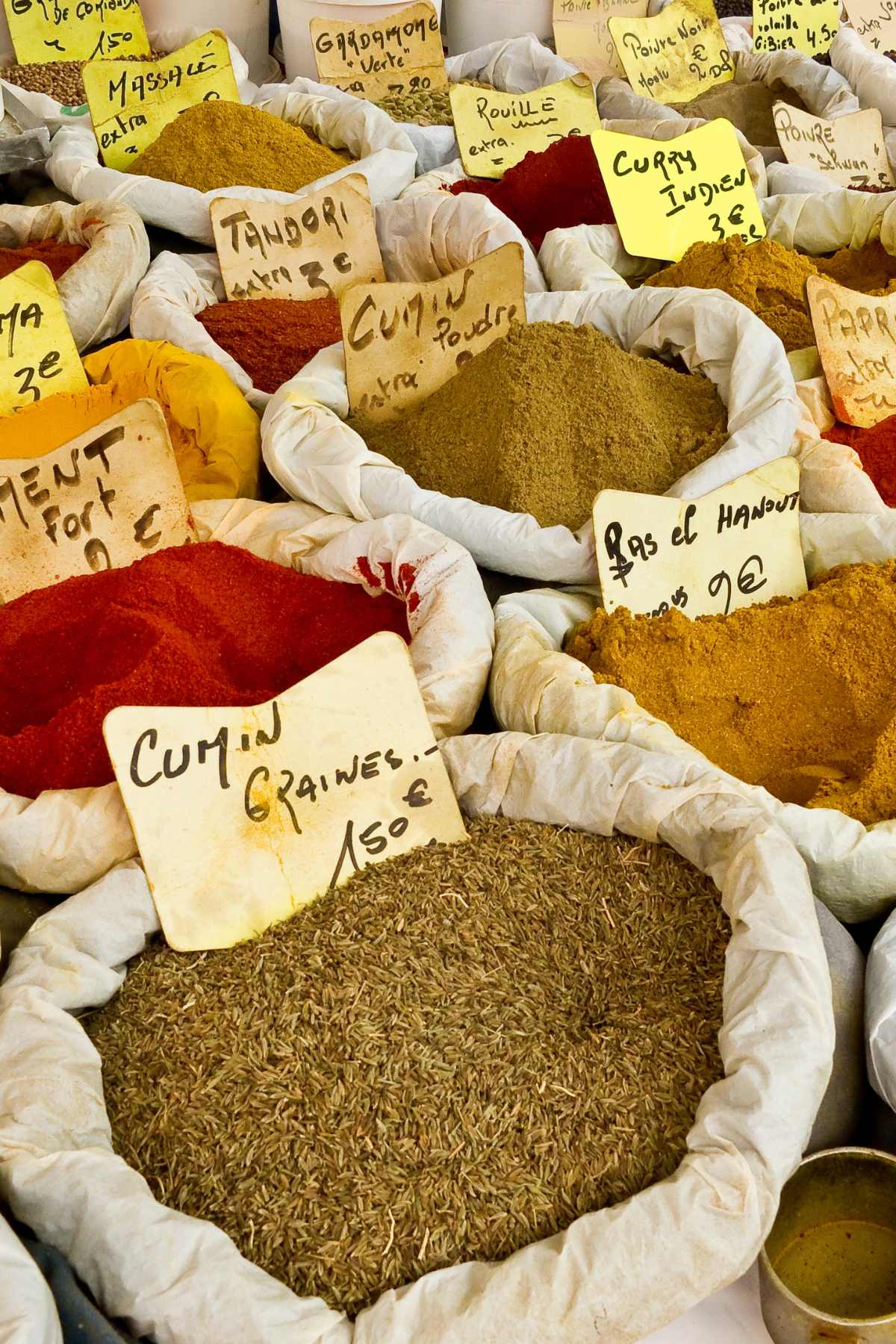
The spice trade made peppercorns popular. Ancient traders exported them for high prices as luxury.
In the medieval period, people paid rent, taxes, and dowries with peppercorns used as currency. They held monetary value and were so valuable that they were called “black gold“.
At that time, explorers tried to find new routes to get spice. This led to the Dutch Empire’s rise. They even got a colony in Indonesia and Malaysia, the main peppercorn suppliers back then.
Today, these tiny dried berries are used in many cuisines worldwide in cooking and for medicinal purposes. Its unique flavor and history make it a great spice to use in dishes.
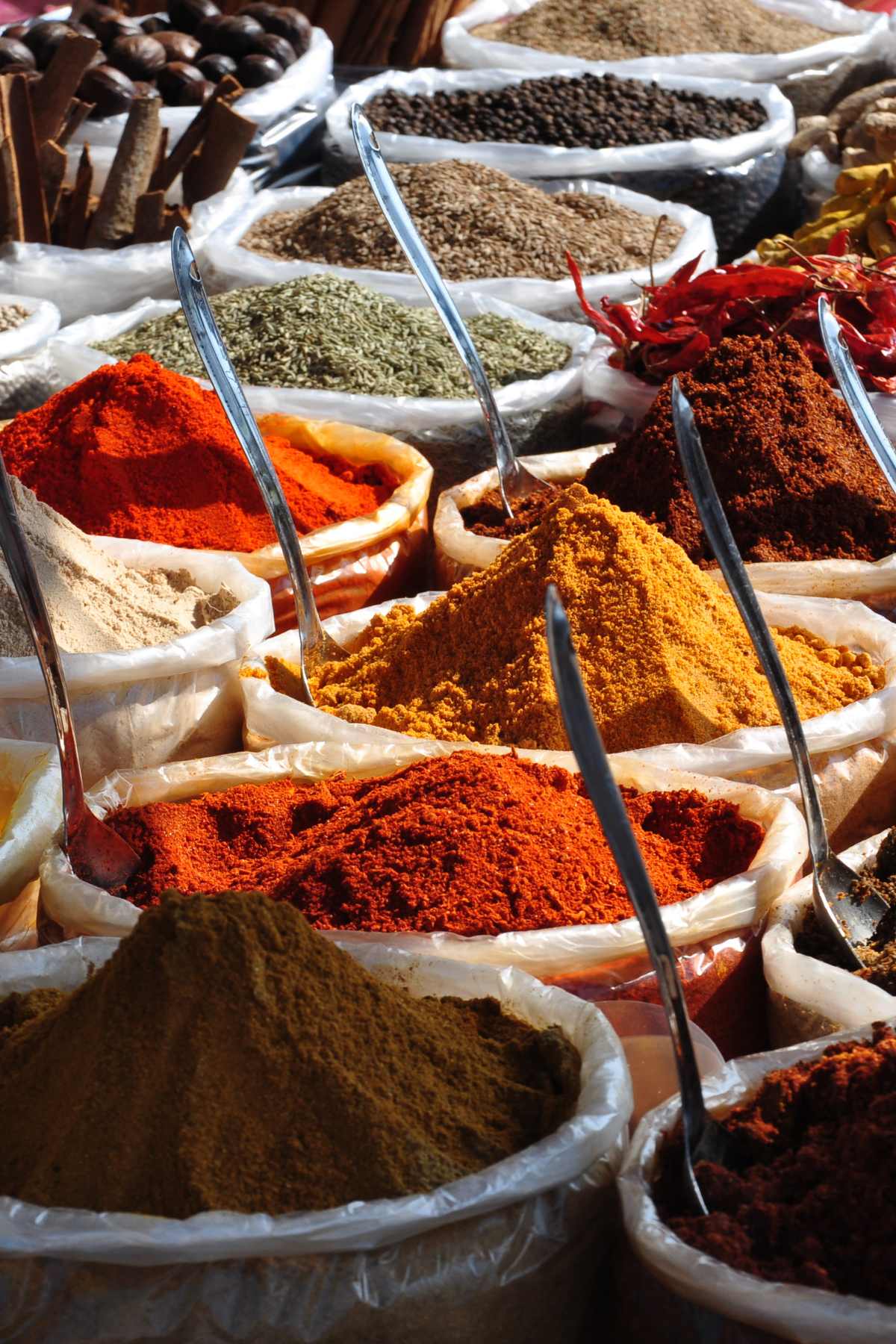
Peppercorn Varieties and Flavour Profile
Whether black, white, green, or pink, all peppers come from tropical evergreen vines. In my culinary career, it’s an essential ingredient for chefs and cooks to know about the varieties and how to use them to upgrade dishes.
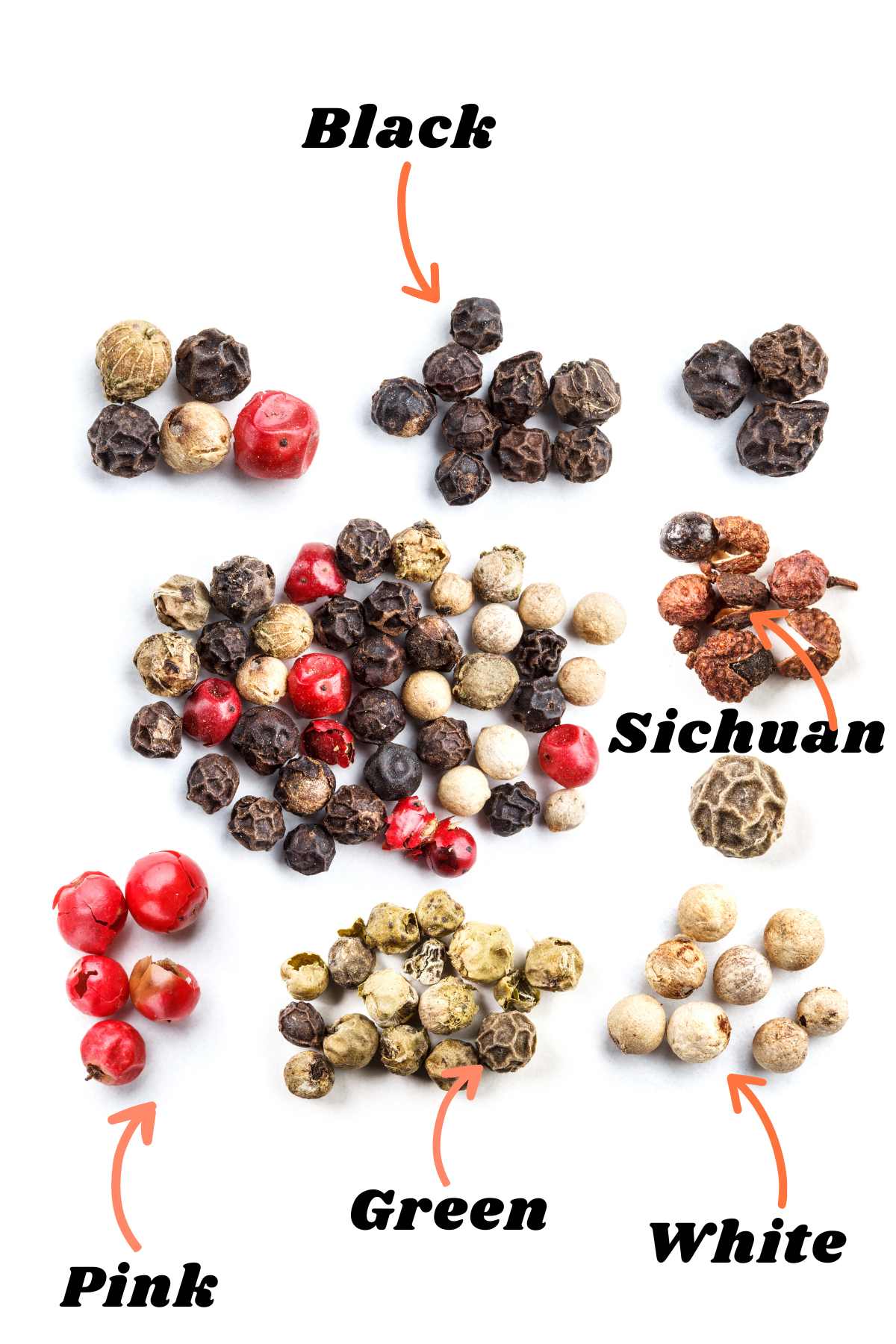
Black Peppercorns
Black peppercorns are picked when ripe. They are then dried, giving them a dark color & spicy flavor.
They have a strong peppery taste and are widely used and give a pungent, sharp taste – great with savory dishes.
White Peppercorns
They are ripe and soaked, removing the outer layer. The inner seed is dried, giving it a milder flavor than black.
White peppers are widely used in Asian cuisine. They are mild, with an earthy flavor – perfect for sauces and soups.
White pepper contains a chemical called piperine. This chemical seems to have many effects on the body. It seems to reduce pain, improve breathing, and reduce inflammation. (source: Webmd.com)
Green Peppercorns
Green peppers are immature and picked before they mature, making them milder and fruitier than black. They are unripened, with a fresh and bright fruity taste – great for gravy and salads.
Peppercorns From Different Plants
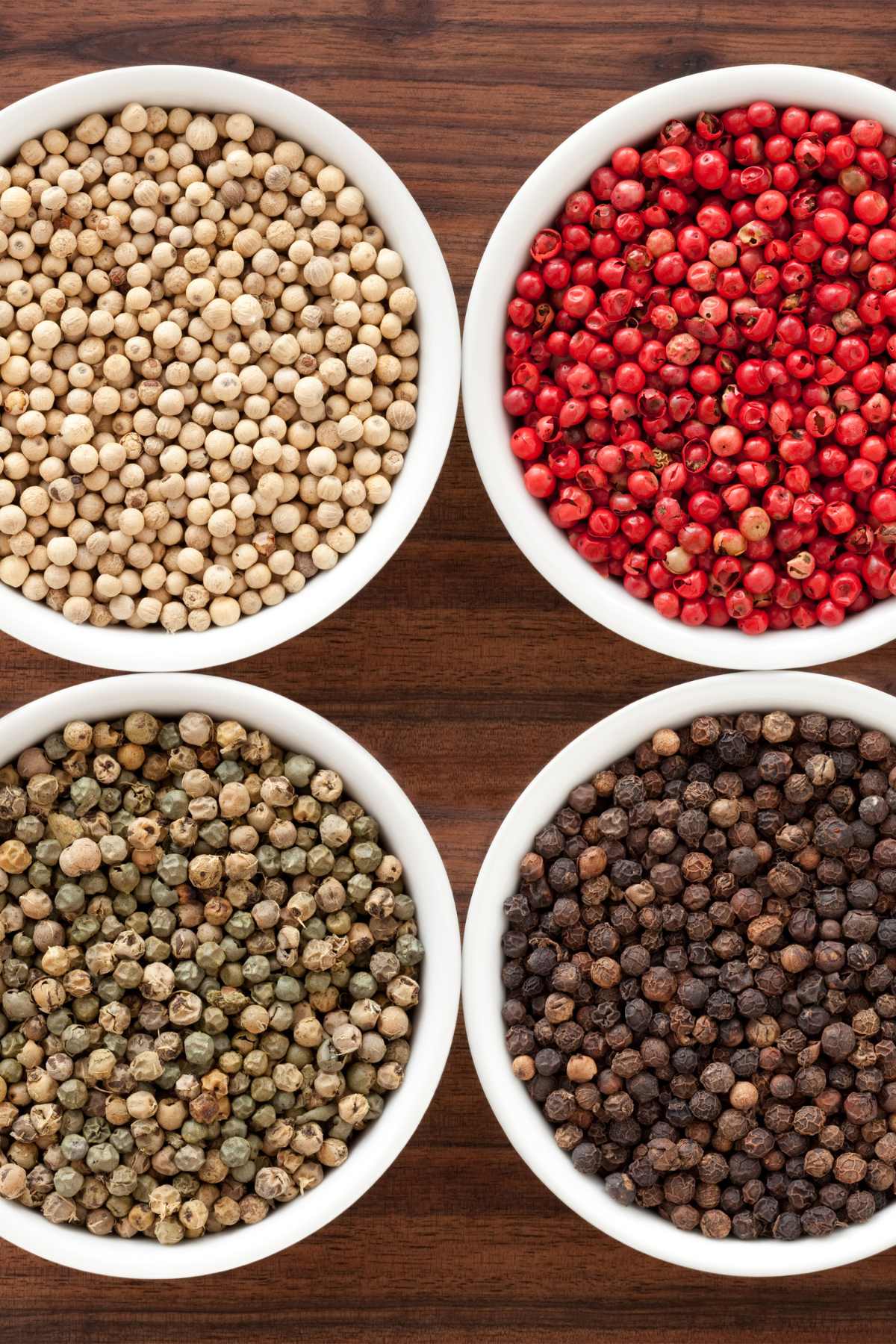
Pink Peppercorns
They are not true peppercorns and come from other plant species. Genetically, they’re closer to cashews than to a pepper spice. Due to their similar shape and size, they’re marketed as pink peppercorns.
They are often used decoratively due to their vibrant color and sweet, mild, citrusy flavor – ideal for desserts and cocktails.
Sichuan Peppercorns
In spite of the sound of their name, these aren’t peppers at all. Unlike the red chiles ubiquitous in Chinese Sichuan cuisine, these tiny “peppercorns” are actually the berries of the prickly ash tree, which belongs to the citrus family.
There is no relation between Sichuan peppers and black peppers.
How to Use
They can be used whole or ground.
Grind them just before use to get the maximum flavor and to release their natural flavor and aroma! Here are some ways to use them:

Whole peppercorns:
1. Grind black pepper into powder. Use in soups, stews, curries and salads.
2. Add pickling liquids for pungent flavor in pickles and veggies.
3. Add to broths and stocks.
Ground pepper:
1. Add heat and flavor to marinades and rubs.
2. The seasoning can be mixed with salt and other seasonings to create an all-purpose seasoning.
3. Sprinkle on mashed potatoes, roasted veggies, and soups.
Note: Store them in a cool, dark, and dry place. Only grind what you need to keep the flavor.
How to Store
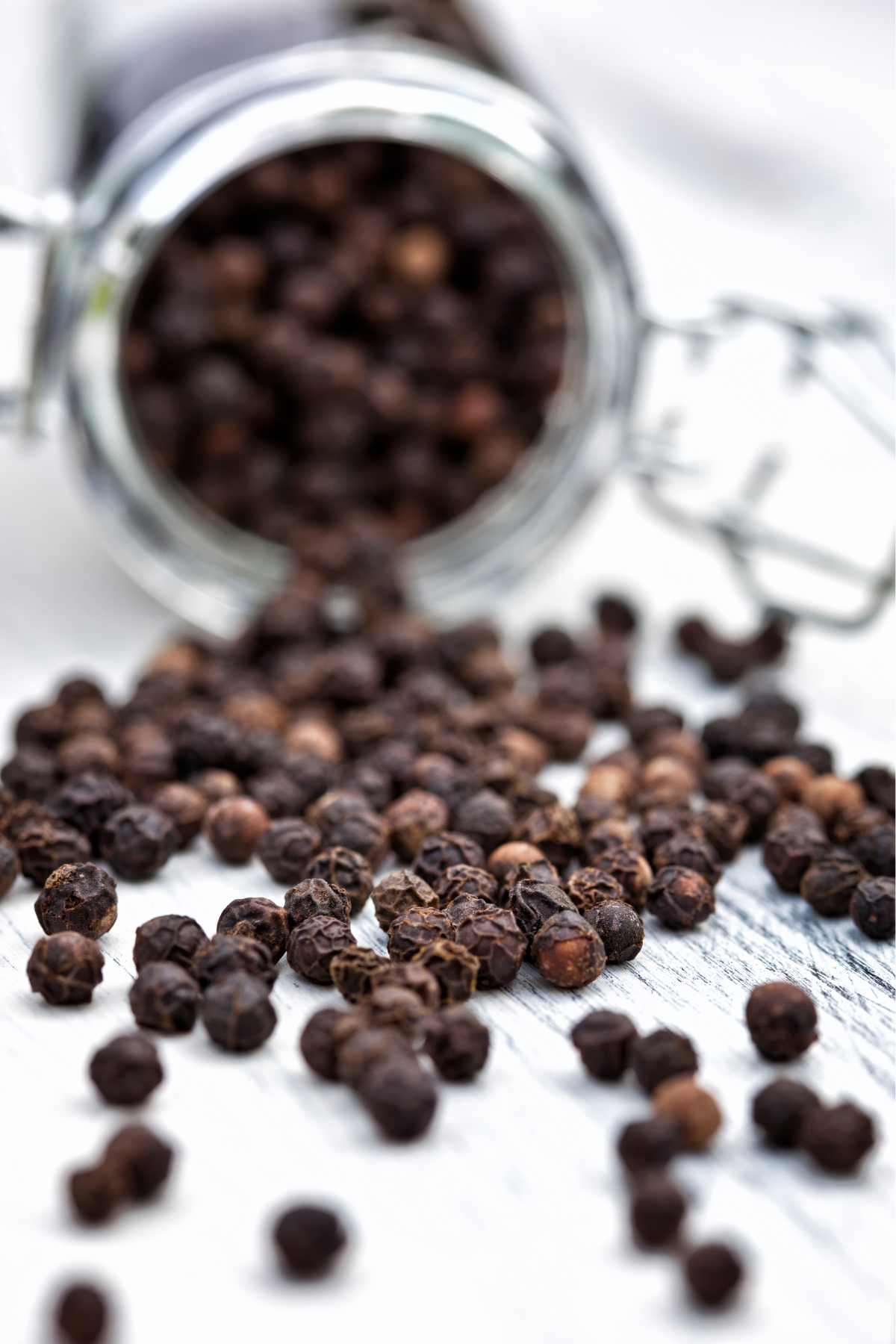
If you have too many peppercorns to use, here are some things to remember: First, make sure they are completely dry. Moisture can cause mold or reduce flavor over time.
Secondly, store the peppercorns in an airtight container away from sunlight and heat. Light and heat can damage their flavor and potency.
Thirdly, in humid climates, you can freeze the peppercorns. This will keep them fresh longer.
Follow these tips, and you can enjoy cooking for months. Pro Tip: To check freshness, crush or grind some peppercorns and smell them. If the scent is strong, they are fresh.
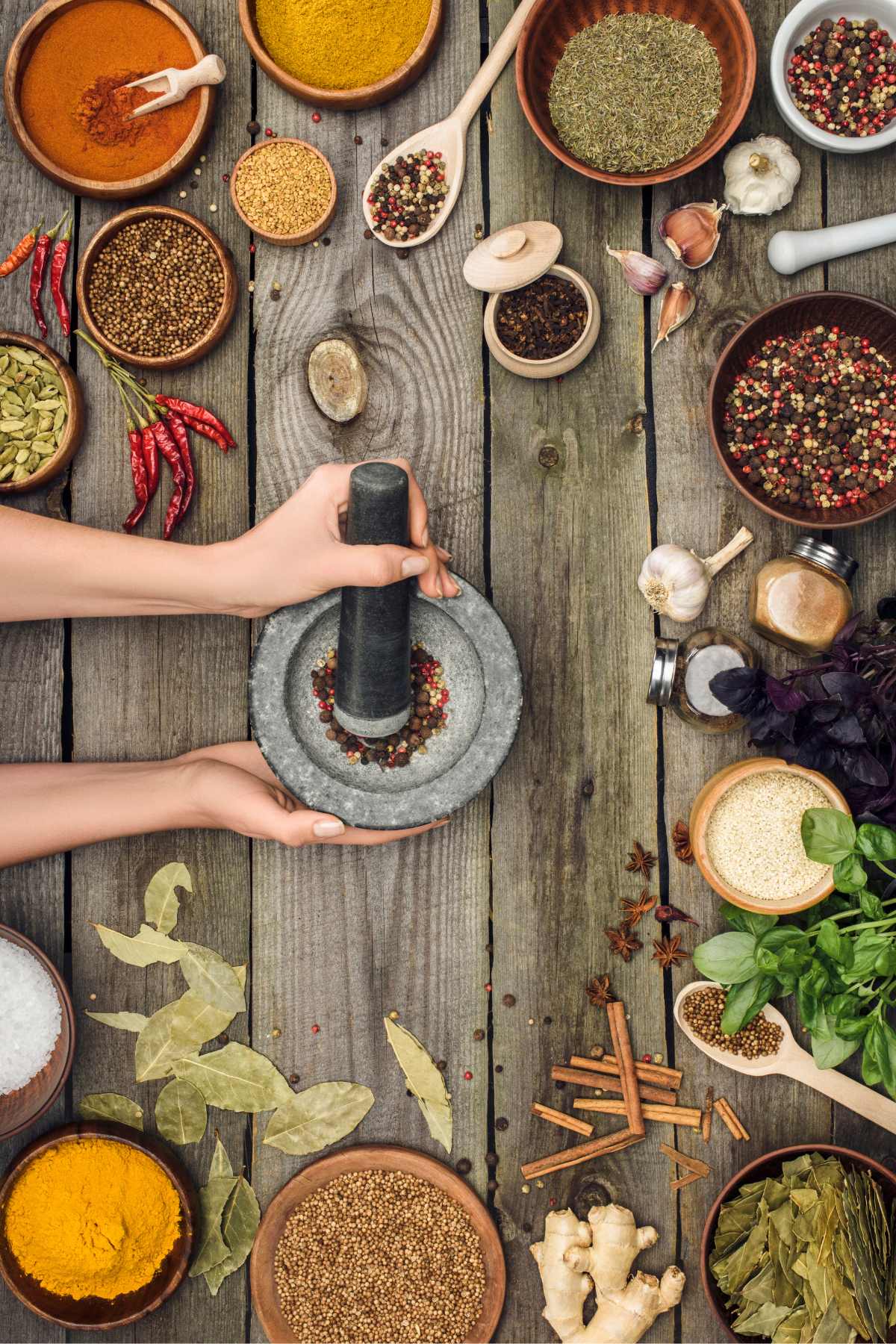
Final Thoughts
Peppercorns add flavor to many dishes. They come from the Piper nigrum plant native to South India.
The berries are picked and dried, forming peppercorns. These small balls have a strong flavor, used in cooking, seasoning, and even as a home remedy. They come in four colors: black, white, green, and pink, plus Sichuan peppercorn.
Each color has its own flavor. Black is bold and pungent. White and Sichuan peppers are often used in Asian cuisine. Pink has a citrus flavor; it’s excellent for sauces and dressings.
Whether you’re a chef or a home cook, they can make your dish flavorful. For maximum flavor, grind your peppercorns fresh.

FAQs
More Food Info You Will Like…
- Gochugaru
- Slap Ya Mama Seasoning – a must have in every household!
- Mexican Spices
- What is Majoram Spice
- What are cornichons?
- What are bitters?
- What is chai?
- Expresso beans vs coffee beans
- What is mushroom coffee
- What is farina?
- What is maca coffee?
- Kona Coffee: Best Hawaiian coffee that you can’t miss out!
- What Is Blue Matcha (Butterfly Pea Flowers)
- Does white tea have caffeine?
- Pink Oyster Mushroom Guide
- Blue Oyster Mushroom Guide
- Lion’s Mane Mushroom Recipes
- What is bean curd?
- What are yellow dragon fruits?
- Blue Lotus Tea
- Pepino Melons
- Pink Pineapple (pinkglow®)
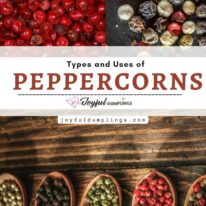
Types of Peppercorns and Uses
Ingredients
- BLACK PEPPERCORNS
- WHITE PEPPERCORNS
- GREEN PEPPERCORNS
Peppercorns from Different Plants
- PINK PEPPERCORNS
- SICHUAN PEPPERCORNS
Instructions
- They can be used whole or ground. Grind them just before use to get the maximum flavor and to release their natural flavour and aroma!
Sign Up to Joyful Dumplings!
Subscribe to our mailing list and join our community!
Thank you for subscribing.
Something went wrong.

